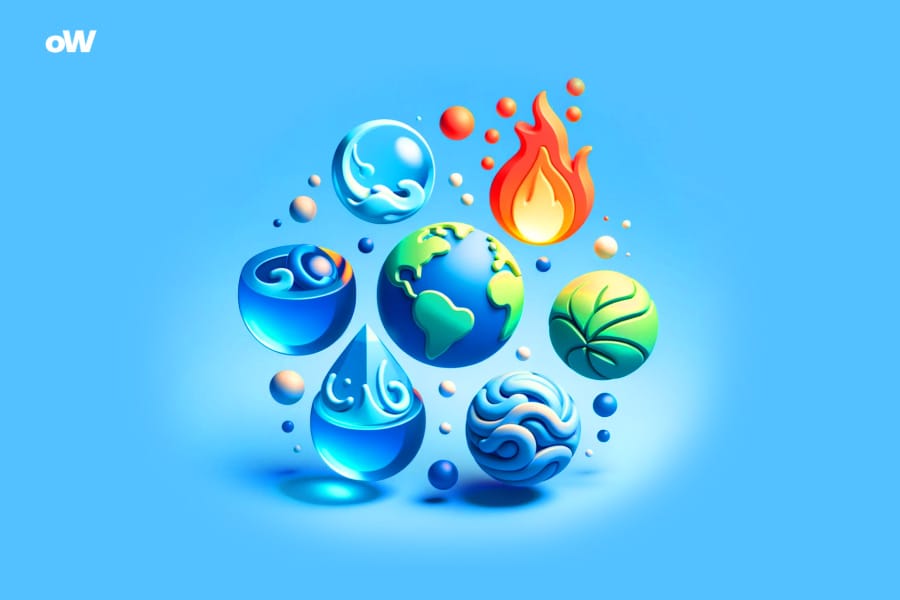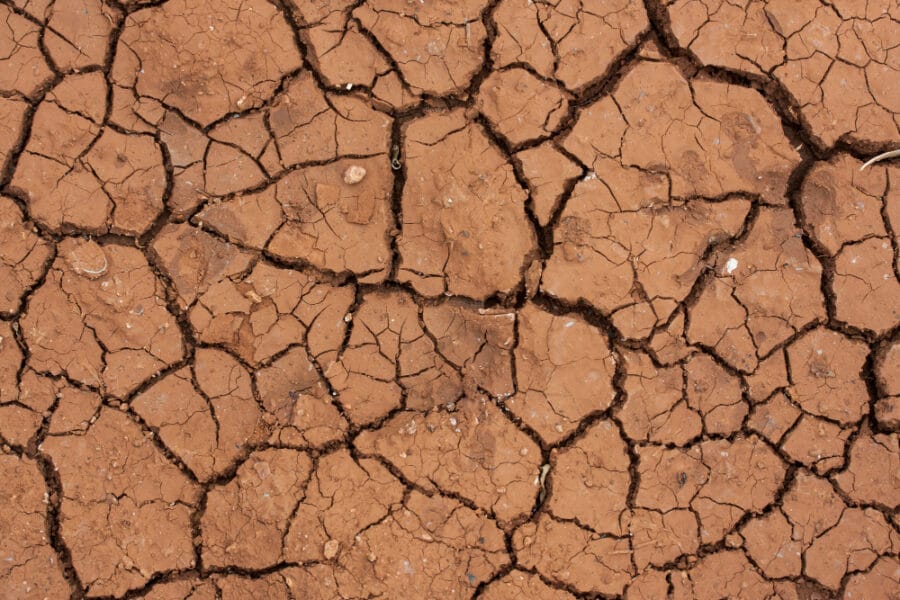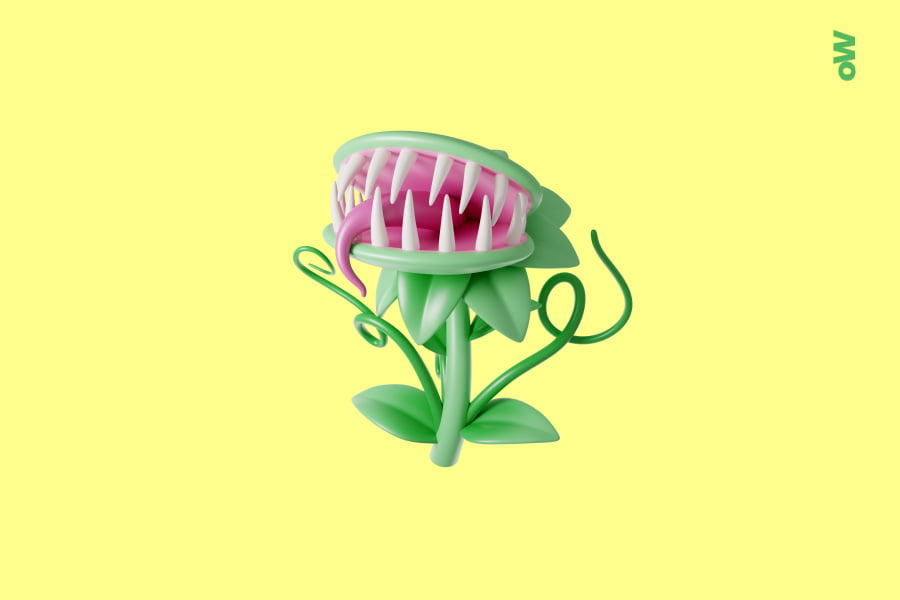Quiz: What Element Am I?

Fire, water, earth, air… The four elements that shape the world around us. But what if these same elements also shape our inner universe? Imagine that you could unlock the secrets of your personality by simply answering the question: “What Element Am I?” Sounds intriguing, doesn’t it? Let’s embark on a fascinating journey through the labyrinths of human nature, where ancient wisdom meets modern psychology.
Why Do We Associate Ourselves With Elements?
The connection between humans and natural elements is an ancient tradition, rooted in the mythology and philosophy of different cultures. By associating ourselves with fire, water, earth, or air, we seek a way to better understand our essence and place in the world. This aspiration reflects the deep human need for self-knowledge and connection with nature.
Historical Context: Elements in Different Cultures
In the Western tradition, it goes back to the Greek philosopher Empedocles, who proposed the idea that the entire world consists of four “roots” – fire, water, earth, and air. This theory had a tremendous impact on European philosophy and science for centuries.
In Eastern cultures, we find similar but somewhat different systems. For example, Chinese philosophy distinguishes five elements: wood, fire, earth, metal, and water. The Indian Ayurvedic tradition also speaks of five elements, including ether or space in addition to the four classical elements.
The Psychology Behind It: Why We Seek Connection With Nature
In the modern world, where most people live in cities detached from natural cycles and phenomena, the desire to connect with natural elements can be seen as a manifestation of the archetypal desire to return to our roots. Psychologist Carl Gustav Jung suggested that archetypes are universal, innate psychic structures that manifest in myths, dreams, and symbols of various cultures.
By connecting ourselves with a certain element, we are not only looking for a way of self-identification but also trying to find our place in the big picture of the universe. This can provide a sense of belonging and purpose that is often lacking in modern fragmented society.
Moreover, association with natural elements can serve as a metaphor for various aspects of our personality. Fire can symbolize passion and energy, water – emotions and intuition, earth – stability and practicality, and air – intellect and communication. Thus, identification with a certain element can help us better understand and express different facets of our character.
How Can a Quiz Help in Understanding Your Personality Type?
The “What Element Am I?” quiz is a self-discovery tool based on the principles of projective psychology. Projective techniques assume that when answering questions or interpreting ambiguous stimuli, a person projects their inner attitudes, values, and personality traits onto them.
During the quiz, participants face various situations and choose the reactions closest to them. For example, the question “How do you usually solve problems?” may have answer options corresponding to different elements:
- “I act quickly and decisively” (fire)
- “I consider all options before making a decision” (air)
- “I rely on my intuition and feelings” (water)
- “I prefer tried and tested, reliable methods” (earth)
By choosing one option or another, a person unconsciously reveals their preferences in approaching life situations. The sequence of such choices forms an overall picture, allowing to determine the dominant element of personality.
Quiz Results and Their Meaning
Each element – fire, water, earth, and air – reflects a certain set of qualities and character traits. Let’s look at each element in more detail to understand what your result might mean.
Fire
People whose dominant element turns out to be fire often have a bright, charismatic personality. They are full of enthusiasm, passion, and energy. Fiery natures usually:
- Are purposeful and ambitious
- Easily inspired by new ideas
- Possess leadership qualities
- Can motivate and ignite others
However, fire has a downside. Such people can be impulsive, impatient, and prone to emotional burnout. It’s important for them to learn to manage their energy to avoid “burning out” too quickly.
To balance their fiery nature, it’s useful to develop qualities of other elements: the practicality of earth, the emotional depth of water, and the rationality of air.

Water
The water element is associated with emotions, intuition, and deep inner life. People with a predominance of this element usually:
- Are empathetic and sensitive to the moods of others
- Have rich imagination and creativity
- Intuitively understand hidden motives and subtexts
- Are capable of deep, meaningful relationships
However, “water” people may face challenges such as excessive emotionality, mood swings, and difficulties in setting boundaries. It’s important for them to learn to “ground” themselves and not allow emotions to completely control their lives.

Earth
The earth element is associated with stability, practicality, and the material world. People with a predominance of this element usually:
- Are reliable and responsible
- Well-organized and methodical
- Practical and result-oriented
- Have a strong sense of reality
However, “earth” people can be overly conservative, struggle to accept changes, and risk becoming too materialistic. It’s important for them to learn to be more flexible and open to new experiences.
For balance, it’s useful for them to develop qualities of other elements: the passion of fire, the emotional depth of water, and the intellectual flexibility of air.

Air
The air element is associated with intellect, communication, and abstract thinking. People with a predominance of this element usually:
- Have a sharp mind and curiosity
- Easily absorb new information
- Are communicative and sociable
- Can see situations from different perspectives
However, “air” people may suffer from excessive distraction, difficulties with concentration, and a tendency to overthink. It’s important for them to learn to “ground” themselves and translate their ideas into concrete actions.

Conclusion
As we conclude our journey through the world of elements, let’s remember: the purpose of this quiz is not to label you as a “fire”, “water”, “earth”, or “air” person. Its true value lies in the opportunity to see the multifaceted nature of your character, understand your strengths, and areas for growth.
So, whatever element turns out to be dominant in your personality, remember: you are a unique combination of all elements. Use this knowledge as a tool for self-improvement, developing empathy, and achieving harmony in life. After all, our ultimate goal is not to be a “perfect” representative of any one element, but to become the best version of ourselves.
Questions Overview
- I try to find a compromise and smooth out the rough edges
- I analyze the situation and look for a practical solution
- I propose new perspectives and alternative approaches
- I openly discuss the problem and defend my position
- Crystallization of minerals
- Formation of clouds
- Magmatic eruptions
- Formation of canyons by water
- Creating mental maps and diagrams
- Sequential structuring
- Intuitive immersion
- Quick grasp of the essence
- Deep blue of the ocean at sunset
- Emerald hue of the Northern Lights
- Terracotta color of canyons
- Golden amber in the sun
- I adapt, maintaining an inner core
- I meet them with enthusiasm
- I smoothly integrate them into my life
- I use them as a source of inspiration
- Spiral unwinding
- Uniform flow
- Pulsation
- Cyclical repetition
- Movement meditation
- Immersion in the creative process
- Contact with nature
- Deep relaxation
- Plasticity
- Thermal conductivity
- Density
- Volatility
- In transparent containers
- In special protective boxes
- In multifunctional organizers
- In soft cases
- Evaporation and condensation
- Melting and solidification
- Dissolution and crystallization
- Compression and grinding
- Through visual imagery
- Through emotional contact
- Through energetic exchange
- Through tactile interaction
- Cyclicality
- Irreversibility
- Fluidity
- Relativity
- Through experiments and trials
- Through observation and analysis
- Through immersion and experience
- Through gradual mastery
- Permeable membranes
- Distinct contours
- Blurred edges
- Pulsating barriers
- Through overcoming resistance
- Through seeking balance
- Through accumulating experience
- Through deep transformations





